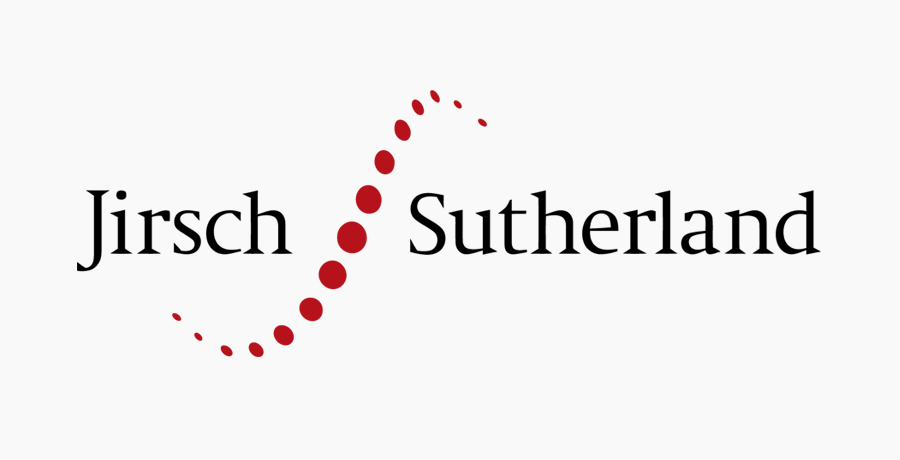A number of new trends are emerging in the insolvency sector, including more companies choosing to appoint insolvency experts to enact a business turnaround rather than liquidation.
Jirsch Sutherland managing partner Sule Arnautovic says other trends include the proposed creation of safe harbours from insolvent trading for directors and a greater attempt to keep pre-administration contracts on foot so administrators can save more businesses.

“Banks are also not appointing receivers and managers as much as they used to, which suggests banks are more willing to entertain a well thought out business turnaround strategy as opposed to crystallising their positions,” he says.
The trend towards enacting turnarounds over liquidation is one Jirsch Sutherland is experiencing. Two recent successes involve the food retail chain Pie Face, where a foreign lender extended a lifeline to rescue the organisation, and key subsidiaries of the recruitment company Rubicor Group Ltd, where a compromise, involving substantial unsecured creditors including tax debt, was negotiated via a Deed of Company Arrangement and Creditors’ Trust arrangement.
Sule says by negotiating a DOCA, unsecured creditors of companies facing financial difficulties should receive a better deal than if the companies were wound up. “The costs of administering a DOCA tend to be less than if the companies are liquidated,” he says. “Overall, the advantages of a proposed DOCA should outweigh any disadvantages.”
He adds that companies that are in financial difficulties should consider appointing insolvency experts (with a proven track record in achieving DOCAs) as early as possible rather than going down the liquidation path.











